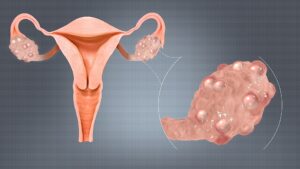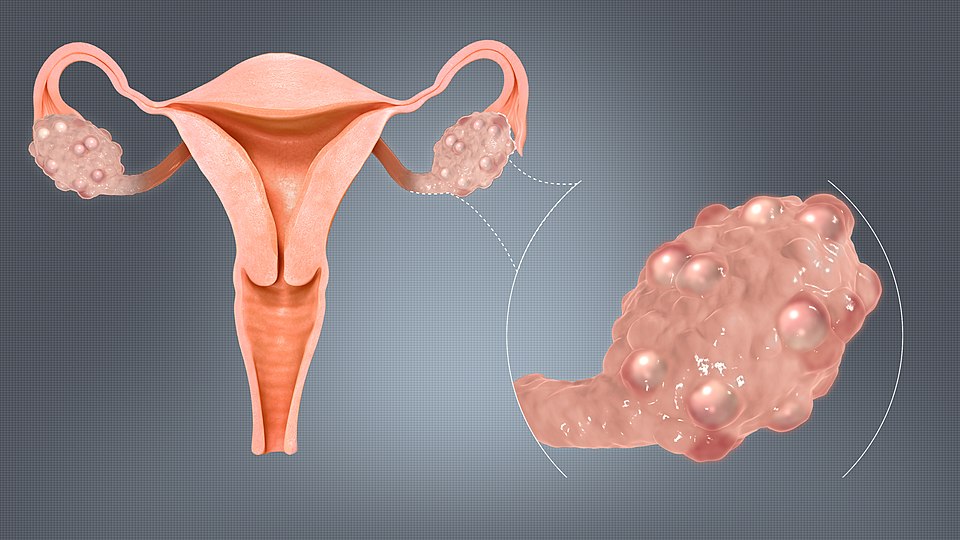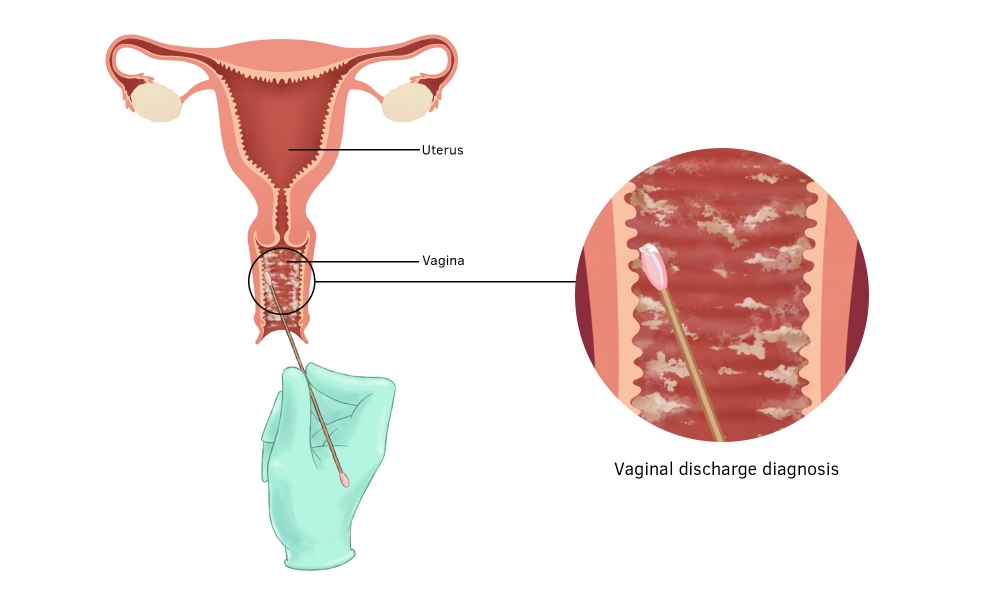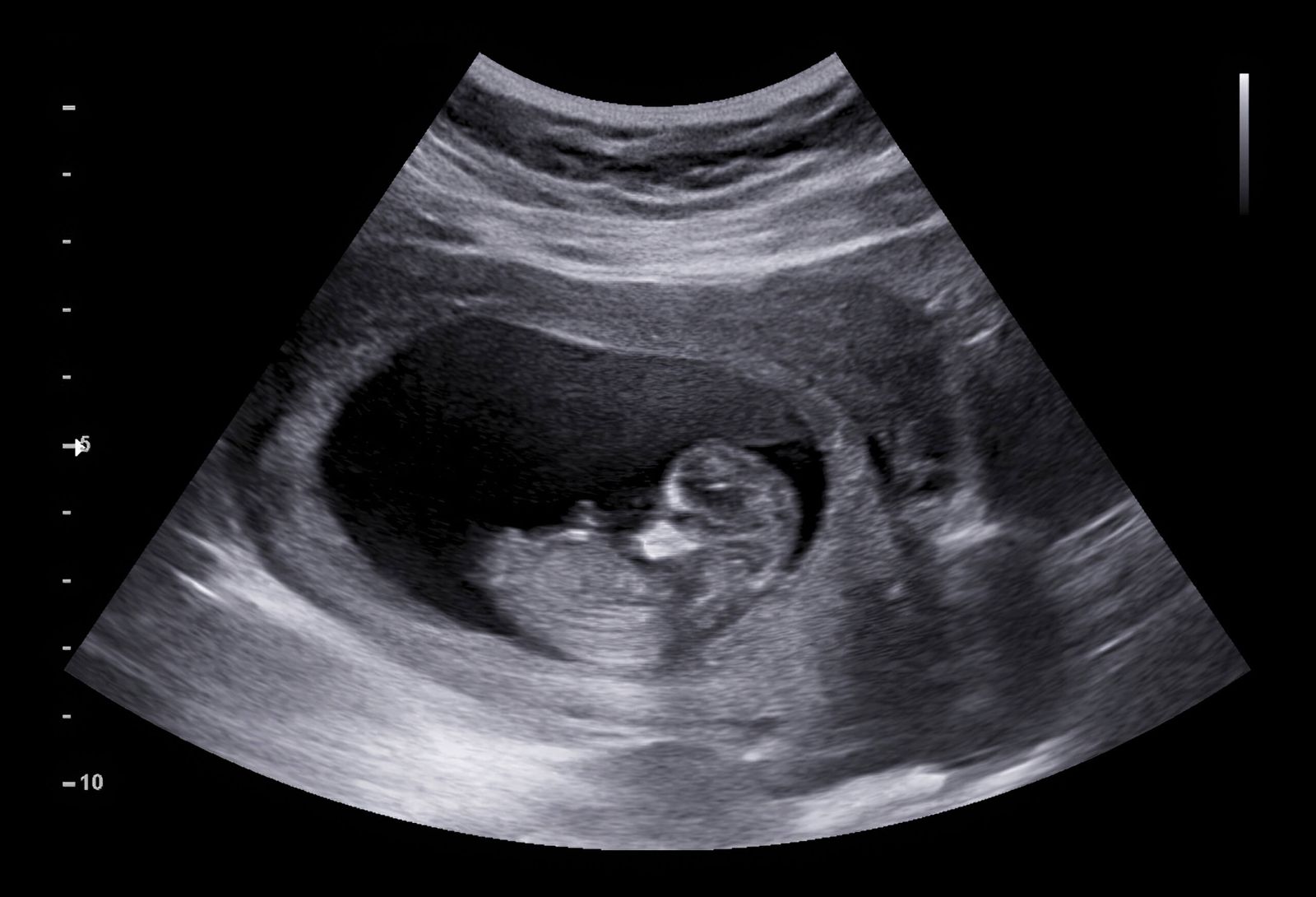Women’s health is complex, and gynaecological problems are among the most common health issues faced by women of all ages. From menstrual irregularities to PCOS, endometriosis, and urinary tract infections, these conditions can significantly impact a woman’s quality of life. Unfortunately, many women often ignore early symptoms due to stigma, lack of awareness, or busy lifestyles.
In this blog, we’ll discuss the most common gynaecological problems, their symptoms, causes, and the importance of consulting the best gynaecologist for timely treatment.
1. Menstrual Irregularities
One of the most common issues women face is irregular periods. Menstrual irregularities may include heavy bleeding (menorrhagia), painful periods (dysmenorrhea), missed periods, or unusually light flow.
Causes may include:
-
Hormonal imbalance
-
Polycystic Ovary Syndrome (PCOS)
-
Stress and lifestyle changes
-
Thyroid disorders
-
Uterine fibroids
When to see a doctor?
If you notice persistent changes in your cycle, prolonged bleeding, or severe pain, it’s important to visit a gynaecologist near you for proper evaluation and treatment.
2. Polycystic Ovary Syndrome (PCOS)
PCOS is a hormonal disorder that affects millions of women worldwide and is one of the leading causes of infertility in women. Women with PCOS experience irregular periods, excessive hair growth, weight gain, and acne due to high levels of male hormones (androgens).
Symptoms of PCOS include:
-
Missed or irregular periods
-
Difficulty in conceiving
-
Weight gain
-
Oily skin and acne
-
Hair thinning
Treatment options:
PCOS can be managed with lifestyle modifications, medications to regulate hormones, and fertility treatments if needed. Consulting the best gynaecologist for PCOS treatment ensures proper diagnosis and management.

3. Endometriosis
Endometriosis is a painful condition where tissue similar to the lining of the uterus grows outside the uterus. It commonly affects the ovaries, fallopian tubes, and pelvic lining.
Key symptoms include:
-
Severe pelvic pain, especially during menstruation
-
Pain during sexual intercourse
-
Heavy periods
-
Infertility
Endometriosis can be difficult to diagnose and often requires laparoscopic surgery for confirmation. Early treatment helps in reducing complications and improving fertility.
4. Uterine Fibroids
Fibroids are non-cancerous growths that develop in or on the uterus. They are very common among women of reproductive age. While many fibroids cause no symptoms, others may lead to:
-
Heavy menstrual bleeding
-
Frequent urination
-
Pelvic pressure or pain
-
Difficulty in conceiving
Treatment options range from medications to surgical procedures such as myomectomy or hysterectomy, depending on severity.
5. Vaginal Infections
Vaginal infections such as yeast infections, bacterial vaginosis, and sexually transmitted infections (STIs) are also very common gynaecological problems.
Symptoms of vaginal infections include:
-
Abnormal vaginal discharge
-
Itching and irritation
-
Pain during intercourse
-
Foul odour
Practicing safe sex, maintaining proper hygiene, and seeking timely treatment from a gynaecologist in Bangalore/Delhi/Mumbai (or your location) can help prevent complications.
6. Cervical Dysplasia and Cervical Cancer
Cervical cancer is one of the leading causes of death among women, but it is highly preventable with regular screening tests such as Pap smear and HPV testing.
Symptoms may include:
-
Abnormal vaginal bleeding
-
Pelvic pain
-
Unusual vaginal discharge
Women should undergo regular cervical cancer screening to detect precancerous changes early. The HPV vaccine is also recommended for added protection.
7. Urinary Tract Infections (UTIs)
UTIs in women are common due to the shorter urethra. They can cause discomfort and, if left untreated, may lead to kidney infections.
Symptoms of UTI include:
-
Burning sensation while urinating
-
Frequent urge to urinate
-
Lower abdominal pain
-
Cloudy or strong-smelling urine
UTIs can be managed with antibiotics and preventive measures like proper hydration and hygiene.
8. Ovarian Cysts
Ovarian cysts are fluid-filled sacs that develop on the ovaries. While most are harmless, some may cause pain, bloating, and irregular periods. In rare cases, they may rupture or twist, requiring emergency care.
Symptoms may include:
-
Pelvic pain
-
Pain during intercourse
-
Menstrual changes
Large or persistent cysts often require medical treatment or surgery.
Importance of Consulting a Gynaecologist
Ignoring gynaecological symptoms can lead to serious health complications. Whether it is irregular periods, pelvic pain, or vaginal infections, timely consultation with a qualified gynaecologist ensures early diagnosis and effective treatment.
A routine gynaecological check-up typically includes:
-
Pelvic exam
-
Pap smear
-
Breast exam
-
Ultrasound (if needed)
-
Hormonal testing
These preventive measures can help in early detection of gynaecological cancers, fertility problems, and hormonal disorders.
Conclusion
Women should never ignore signs like menstrual irregularities, pelvic pain, abnormal discharge, or infertility issues. Early medical consultation can prevent complications and improve quality of life.
If you’re experiencing any of these gynaecological problems, consult the best gynaecologist near you for expert care. Regular check-ups, a healthy lifestyle, and awareness about women’s reproductive health are key to long-term well-being.







